Are there misconceptions about CBD? Yes.
As CBD soars in popularity, cropping up in products from muscle rubs and teas to mascaras and face cream, misconceptions about the cannabidiol are also skyrocketing.
So what are people getting wrong?
1. “CBD still gets you high.”
True, CBD comes from the same plant as THC, but it does not get you high or make you feel intoxicated. In fact, some experts argue that CBD helps counteract the anxious, paranoid, “scary high” feelings of THC and can work as an anti-psychotic.* If you’re having a bad time after ingesting too much THC, CBD may actually help calm you down.
2. “CBD shows up on your drug test.”
It’s a little more complicated that that. Drug tests screen for THC, the psychoactive intoxicant agent in cannabis. CBD is non-psychoactive and non-intoxicating, but more importantly, it has a different chemical structure than THC.
That said, using products with isolated CBD (vs. full spectrum) will likely not produce a THC positive test results. Using “full spectrum” products means that your CBD source has 0.3% THC or less content, meaning it may show up on a drug test. For that reason, when using hemp products, practice caution and look for test results with “LOQ” (Limit of Quantification) or “ND” (Non Detect) as much as possible. Generally, sipping on a nice pure CBD cocoa will transmit very little (if any) THC into the body.*
3. “CBD is medical, THC is recreational.”
While many people think of CBD as the “medical part” of the marijuana plant and THC as the “fun, recreational part,” THC has awesome therapeutic properties beyond making you high. In fact, THC and cannabis have a long history as a medicinal plant, used for a variety of physical and mental discomforts. THC levels in cannabis have only recently been selectively bred to reach such incredibly high rates, nearly tripling in potency from 1994 to 2014.
On the flip side, CBD can also be used recreationally. Sure, it isn’t a “high” but even if you don’t use CBD to treat a specific purpose, you can incorporate CBD into your day to day. From B12 and CBD vape pens to CBD ice cream, CBD can be enjoyable to consume at almost any time.
4. “CBD converts to THC in your stomach”
Ingestible CBD is exceptionally well-tolerated by humans and many animals, with few side effects. CBD converting to THC in the stomach is definitely not one of those side effects.
There have been extensive clinical trials demonstrating that ingested CBD – even doses above 600 mg – do not cause THC-like psychoactive effects. The World Health Organization even weighed in on the issue, reporting in 2017 that “spontaneous conversation of CBD to delta-9-THC has not been demonstrated in humans undergoing CBD treatment.”
5. “CBD will make me sleepy.”
While many enjoy CBD for its relaxing properties (especially when mixed with other soothing botanicals and herbs), moderate doses of CBD are at times reported as mildly energizing. Many people feel alert and focused after taking CBD, rather than buzzed or jittery (like after drinking coffee or consuming too much caffeine). Very high doses of CBD can be sleep-promoting, but CBD itself is not considered a sedative.
6. “High doses of CBD work better than low doses”
Low doses of CBD are just as effective – and sometimes more effective – than very high doses. Both CBD and THC have biphasic properties, meaning that low and high doses can product opposite effects. (For example, a low dose of THC is mildly energizing while a very high dose can promote sleep). Depending on your needs, a large dose of CBD could actually be less effective than a moderate dose!
7. “CBD derived from hemp isn’t as good as CBD derived from marijuana.”
Many people think CBD should be sourced form marijuana plants rather than hemp. This just isn’t true, and we’re here to squash that myth: CBD is just as “powerful” if sourced from a hemp plant versus a THC-heavy marijuana plant. Forget that picture you have in your mind that “hemp” is only stalky male plants that takes 1000s of pounds to produce any CBD. That’s not modern hemp farming, and instead, cultivators grow the same cannabis plant that, morphologically, looks similar to “marijuana.” That is, a shorter, broad leaf, and densely flowering cannabis plant.
It’s important to remember that the primary difference between “hemp” and “marijuana” isn’t in the amount of all cannabinoids in a plant. It’s simply an identifier for the amount of THC in the plant (the federal limit is 0.3% THC). Hemp can produce comparable levels of cannabinoids as a “marijuana” plant, with modern sources producing female flowers with 25%+ CBD. Comparing that to high-THC strains that are considered amongst the strongest, such as Bruce Banner or ChemDog, and some hemp plants produce the same or even more cannabinoids that marijuana strains from a dry weight basis.
What’s more, in high-CBD strain hemp plants, even with 0.3% THC, you’re still including a small amount of THC in the mix, which contributes to the entourage effect. As with marijuana, a hemp plant contains a wide array of cannabinoids, terpenes, and other properties that make cannabis itself a powerful healer.
Sources:
World Health Organization. Drugs (psychoactive): Cannabidiol (compound of cannabis)
*The Apothecary LLC are not doctors and we do not provide medical advice. None of the information on this site, including information in any press release or blog post, constitutes legal or medical advice by us.
These statements have not been evaluated by the Food and Drug Administration. This product is not intended to diagnose, treat, cure, or prevent any disease.
The views, thoughts, and opinions expressed in the text belong solely to the author, and not necessarily to the author’s employer, organization, committee or other group or individual.
Jesse Richardson is the co-founder of The Brothers Apothecary. He's an avid tea drinker and the primary creator behind The Brothers' products. An undergraduate of UCLA for Political Science, Jesse currently studies Medicinal Plants at Cornell University and The International School of Herbal Arts & Sciences.
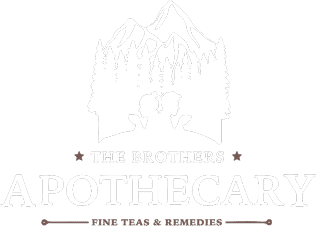


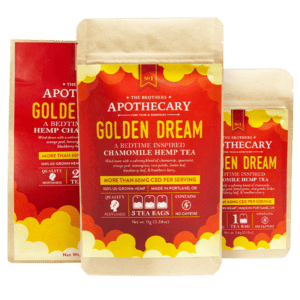
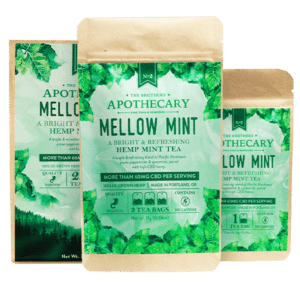
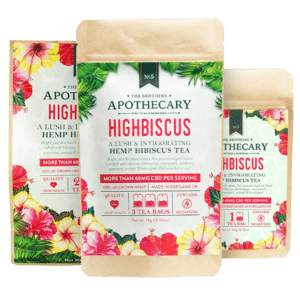
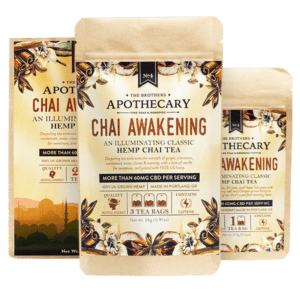

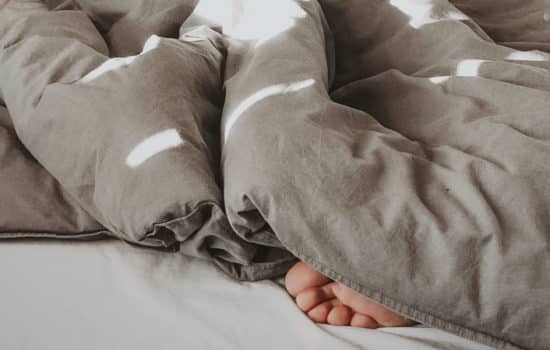
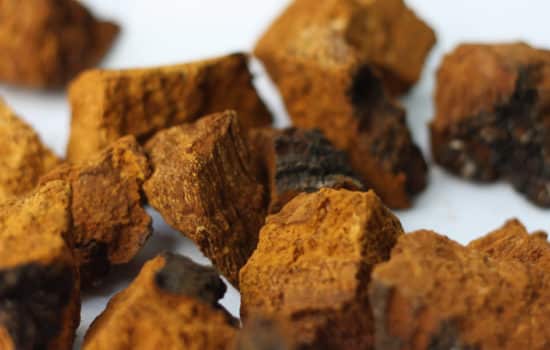
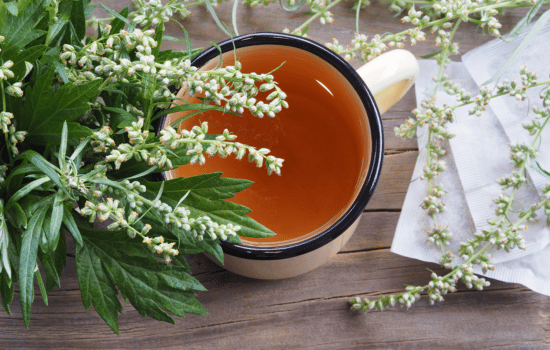
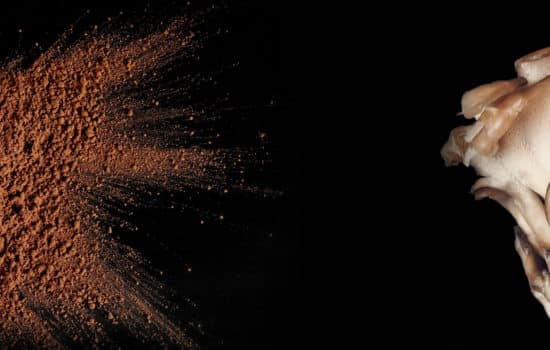
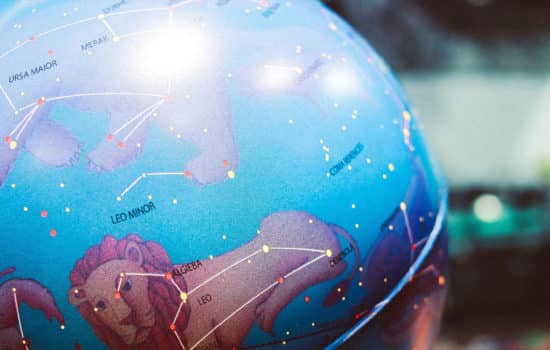
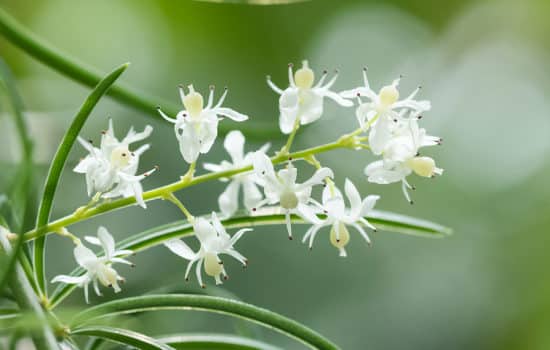





2 thoughts on “7 Common Misconceptions About CBD”
CBD can have trace amounts of THC in it so while it is unlikely, it can show up in a drug test. You shouldn’t tell people they can take it and not fail a drug test. Veterans can lose their benefits if THC is in their system.
Hey Leslie,
Hemp can have trace amounts of THC, but pure CBD (like an isolate) is chemically different from THC and would only show up on a drug test looking for its particular chemical structure. Consuming pure CBD would not produce THC positive results. We’ve revised the above to make this clearer, in respect to full spectrum hemp vs. isolated CBD.
Thanks for commenting! 🙂
The Brothers